Property Tax
Learn how property tax works in Canada, how it's calculated based on assessment values, and what services it supports in your community.

May 22, 2025
What is Property Tax?
Property tax is an annual levy paid by property owners to their local municipality, calculated based on the assessed value of their property.
Why Property Tax Matters in Real Estate
In Canadian real estate, property taxes fund essential community services such as:- Schools and education boards
- Road maintenance and snow removal
- Garbage collection and recycling
- Fire, police, and emergency services
The amount of property tax owed is determined by multiplying the property's assessed value (from a municipal or provincial assessment authority) by the applicable local tax rate (mill rate).
Different property types—residential, commercial, industrial—may be taxed at different rates. Municipalities typically issue tax bills semi-annually or quarterly.
Understanding property tax is vital for budgeting ongoing homeownership costs. Buyers should always factor property tax into affordability calculations and can often estimate future taxes based on the assessment and published mill rates.
Late payments may result in interest charges or liens on the property, so timely payment is essential.
Example of Property Tax
A homeowner in Calgary receives a 2024 property tax bill of $4,200, based on their assessed home value of $700,000 and the municipal mill rate.
Key Takeaways
- Annual tax based on property assessment.
- Funds local services and infrastructure.
- Varies by location and property type.
- Calculated using assessment × tax rate.
- Must be budgeted and paid on time.
Related Terms
- Property Assessment
- Municipal Tax
- Mill Rate
- Homeownership Costs
- Tax Arrears

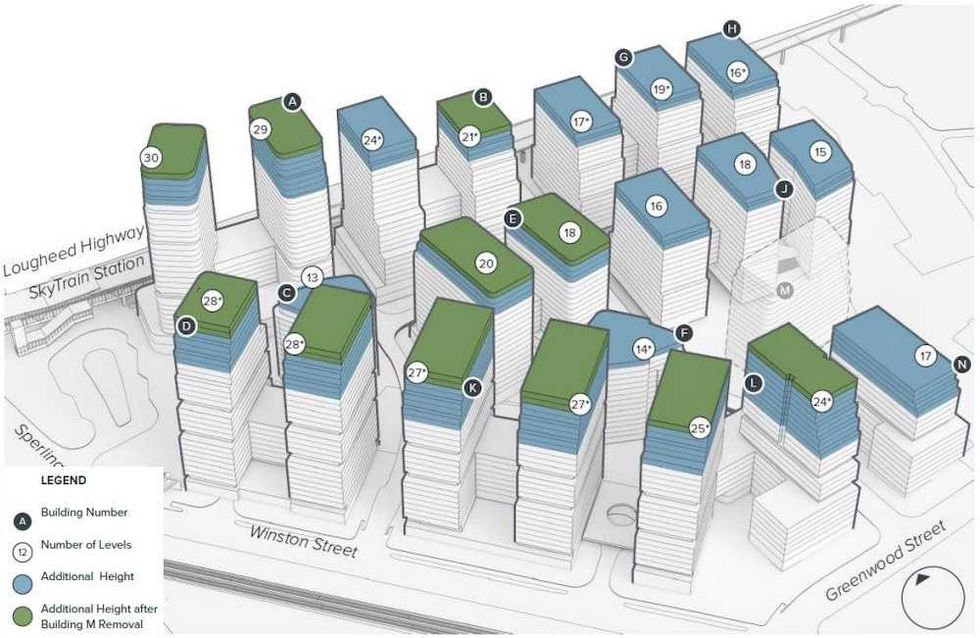 Building height changes from the previous master plan apllcation. (Peterson)
Building height changes from the previous master plan apllcation. (Peterson)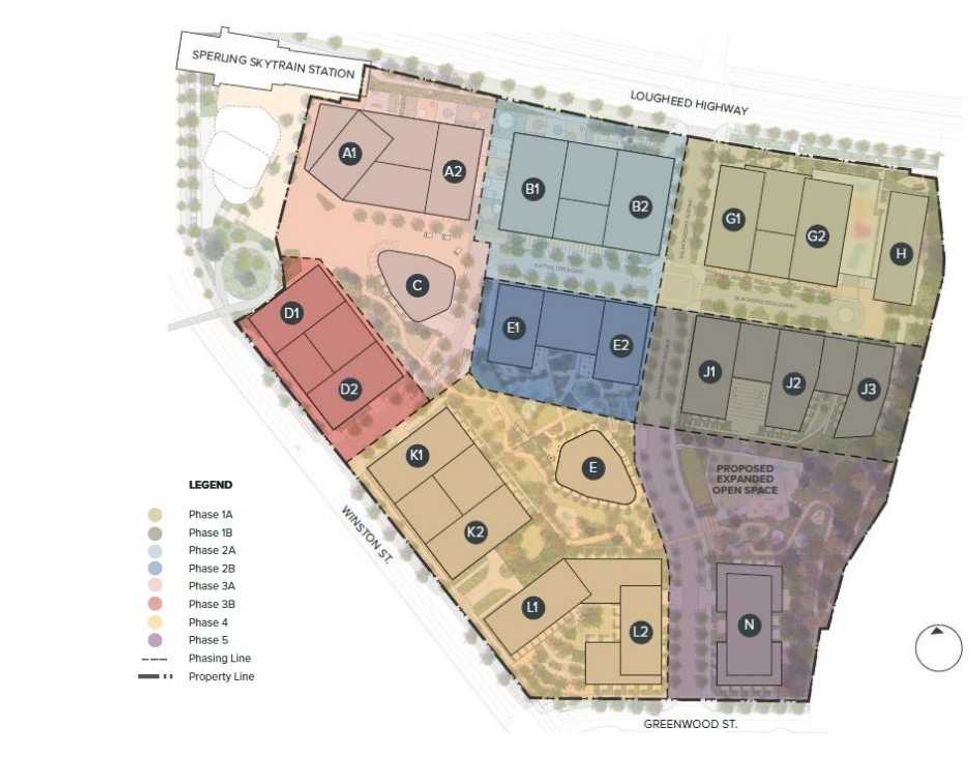 An overview of Blake Village and the phasing plan. (Peterson)
An overview of Blake Village and the phasing plan. (Peterson)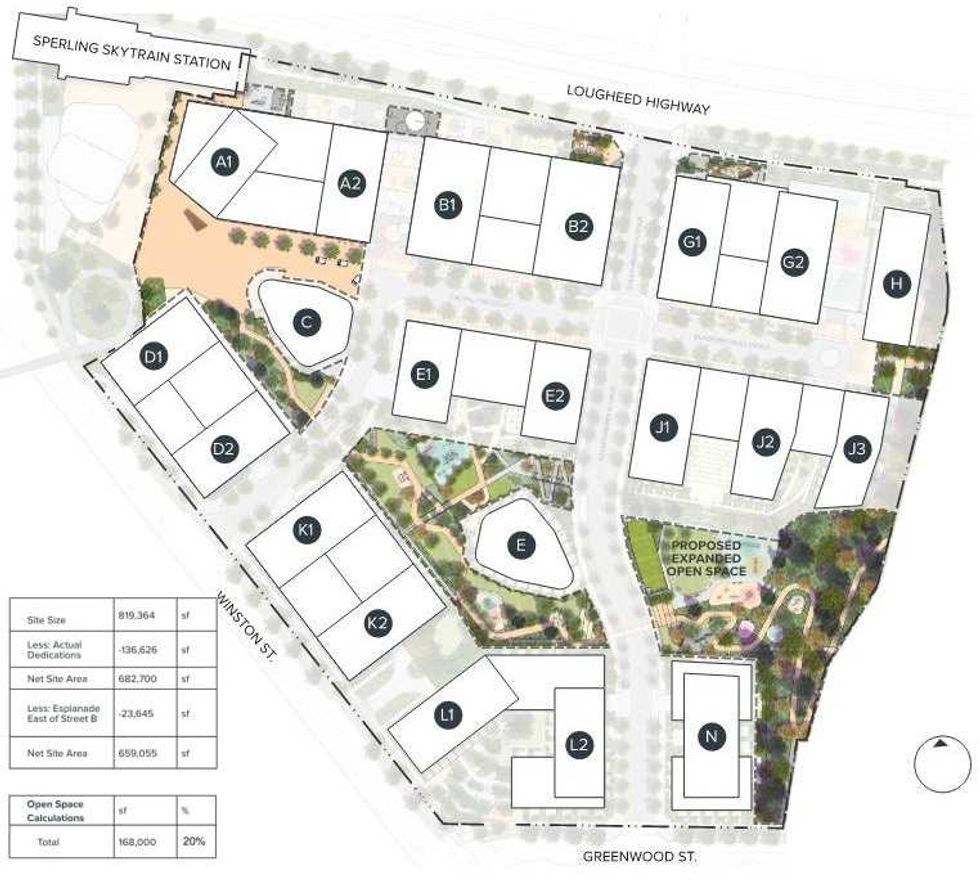 An overview of Blake Village and planned open space. (Peterson)
An overview of Blake Village and planned open space. (Peterson)


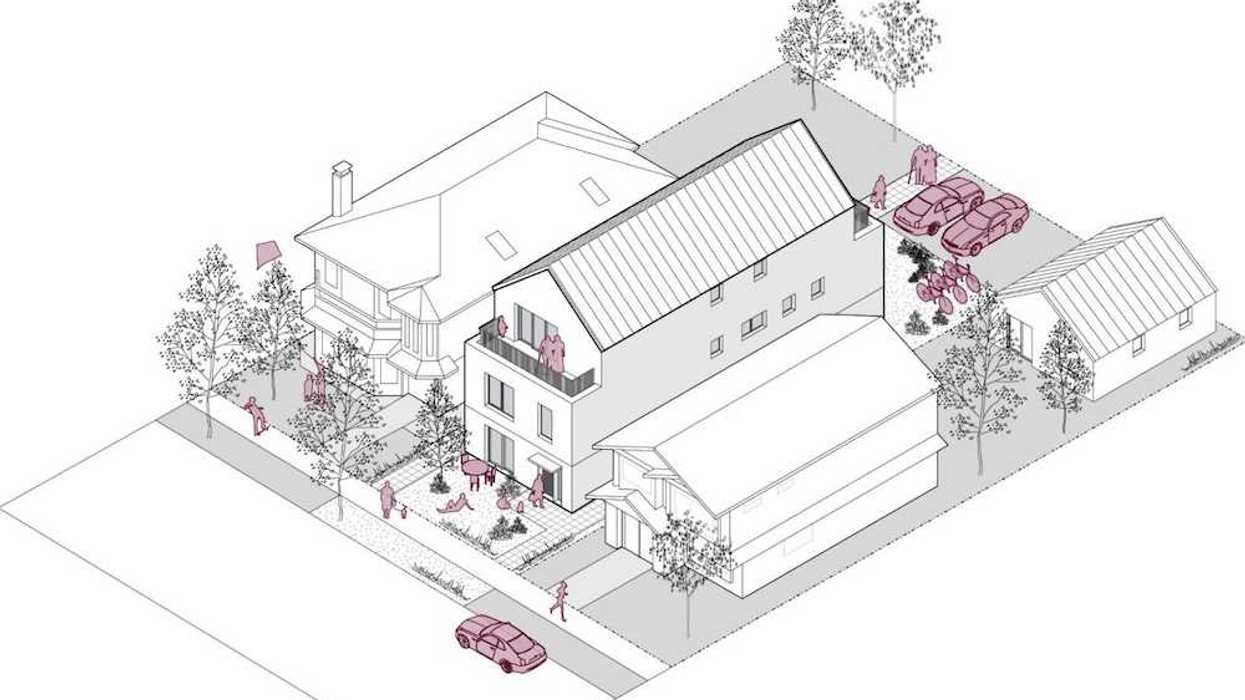
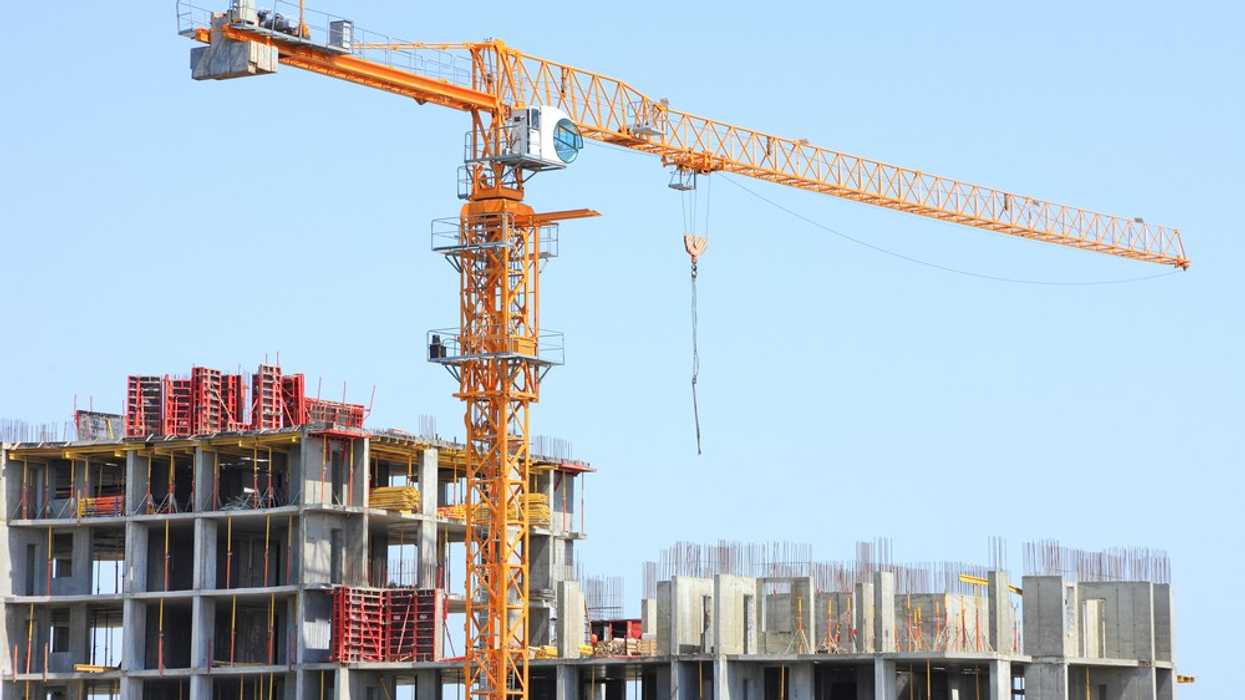



 Eric Lombardi at an event for Build Toronto, which is the first municipal project of Build Canada. Lombardi became chair of Build Toronto in September 2025.
Eric Lombardi at an event for Build Toronto, which is the first municipal project of Build Canada. Lombardi became chair of Build Toronto in September 2025.
 Rendering of 9 Shortt Street/CreateTO, Montgomery Sisam
Rendering of 9 Shortt Street/CreateTO, Montgomery Sisam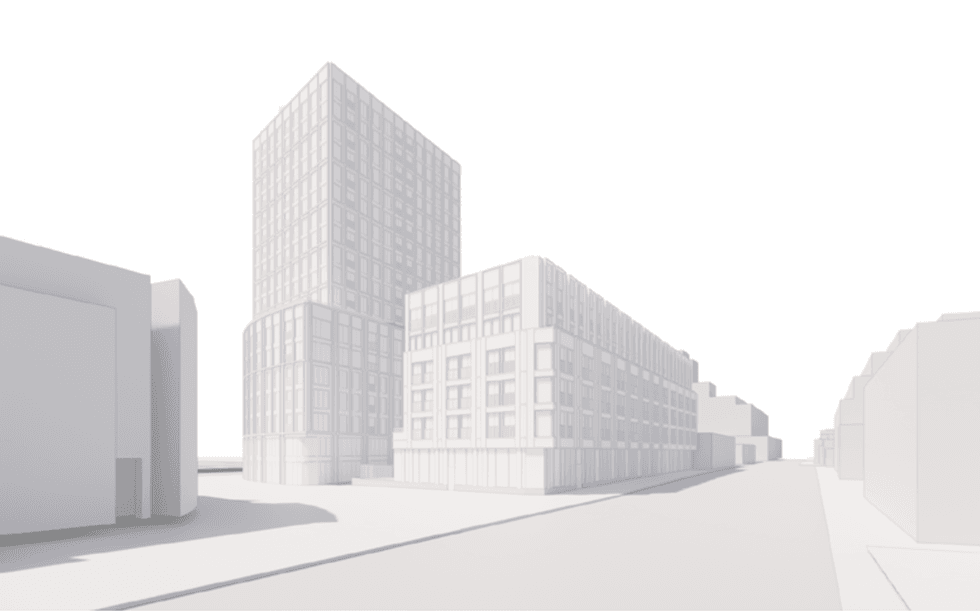 Rendering of 1631 Queen Street/CreateTO, SVN Architects & Planners, Two Row Architect
Rendering of 1631 Queen Street/CreateTO, SVN Architects & Planners, Two Row Architect Rendering of 405 Sherbourne Street/Toronto Community Housing, Alison Brooks Architects, architectsAlliance
Rendering of 405 Sherbourne Street/Toronto Community Housing, Alison Brooks Architects, architectsAlliance


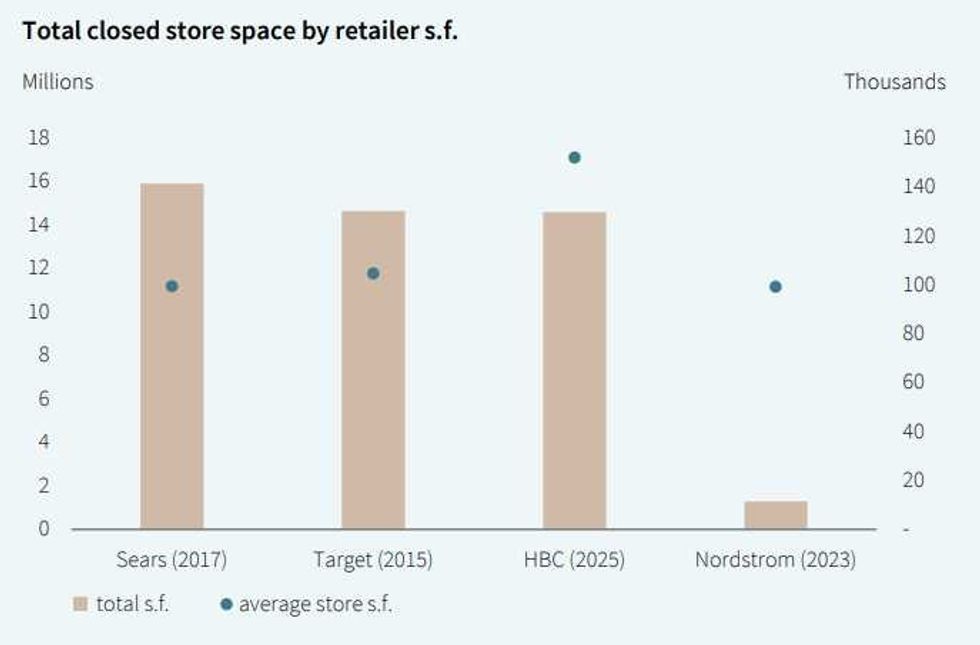 Hudson’s Bay vacated about as much space as Target did in 2015. (JLL)
Hudson’s Bay vacated about as much space as Target did in 2015. (JLL)